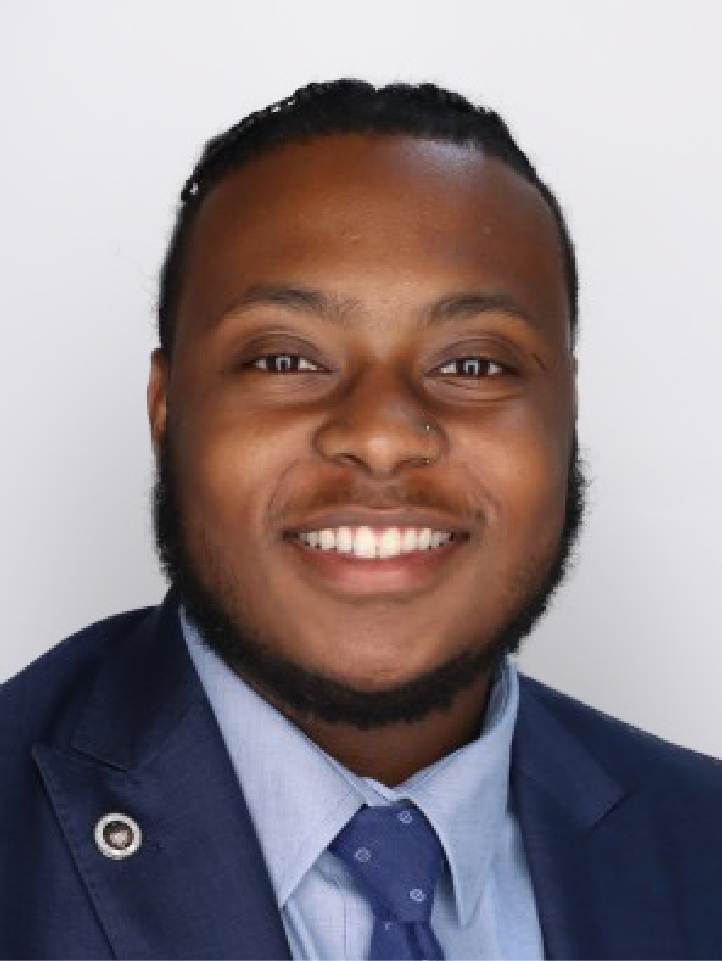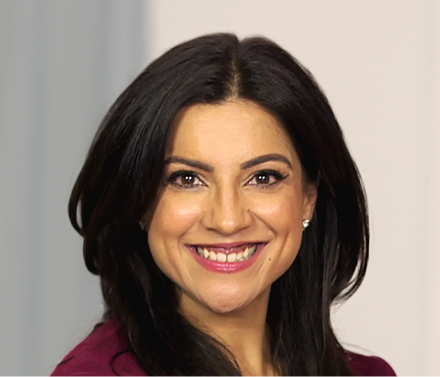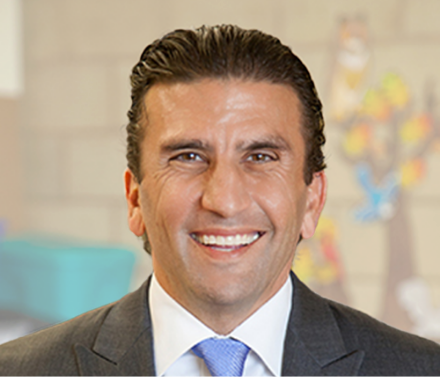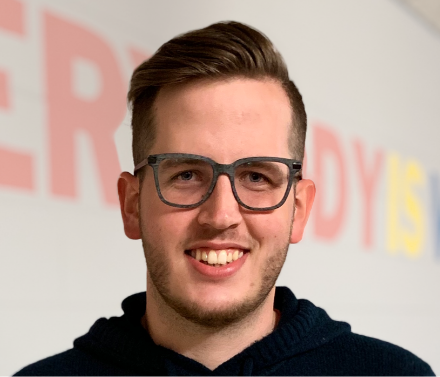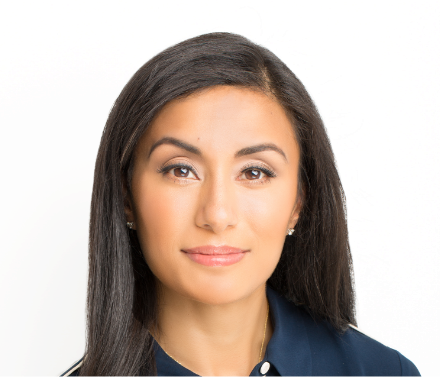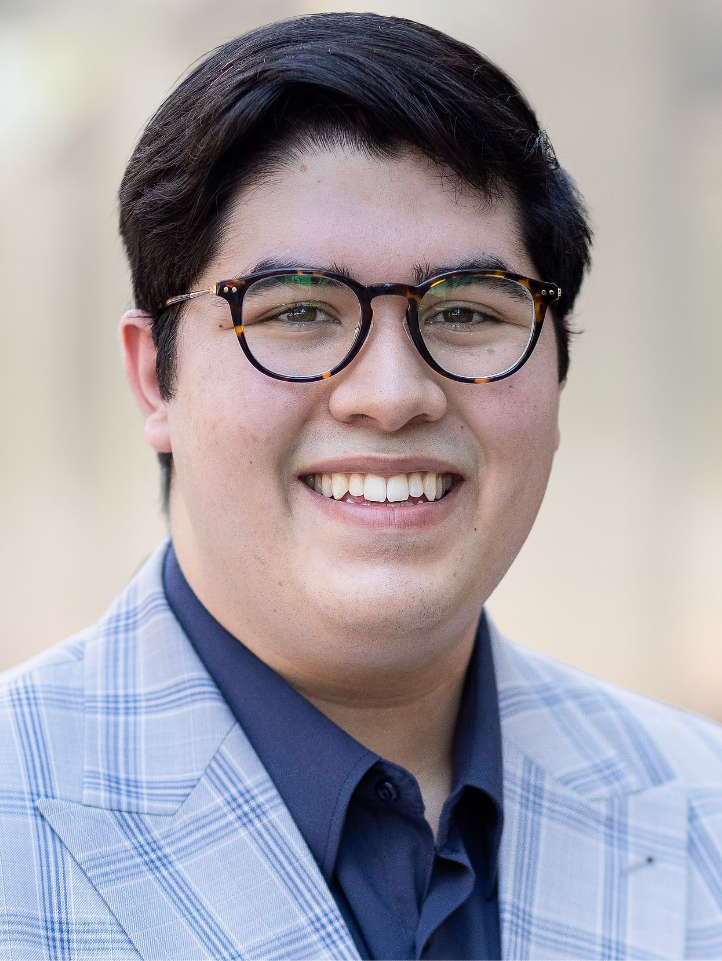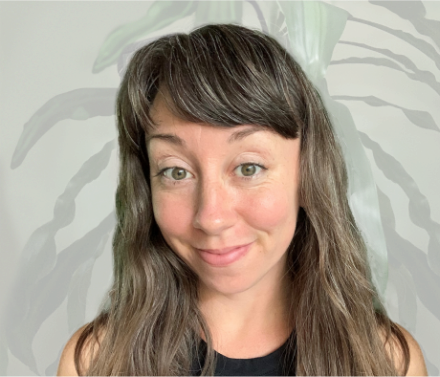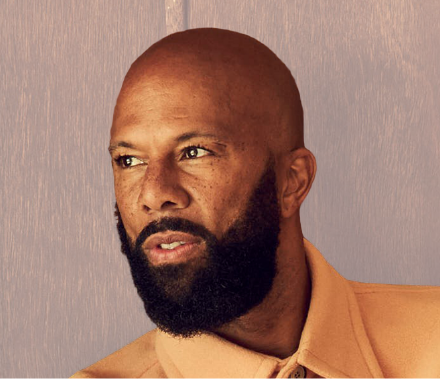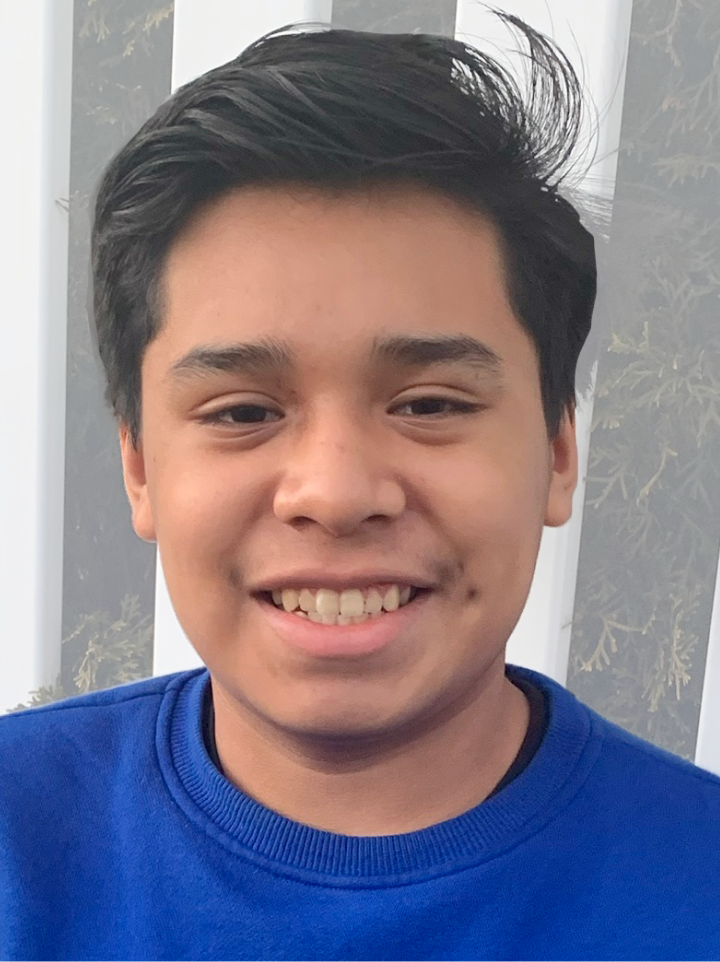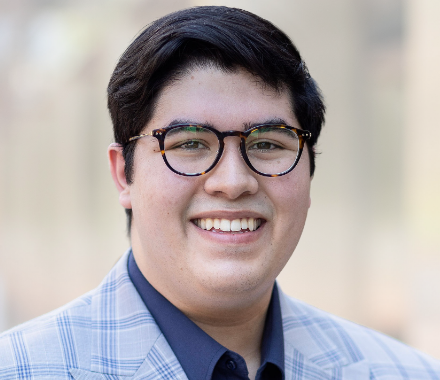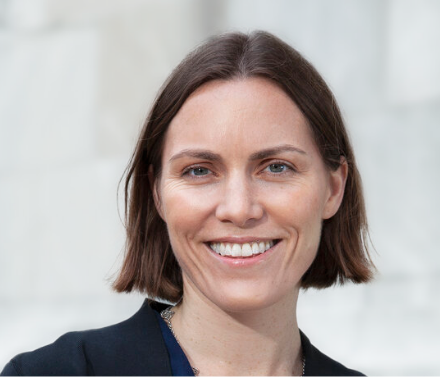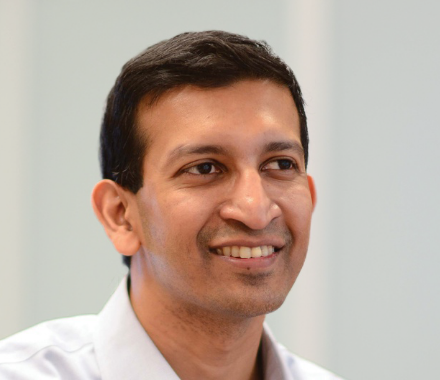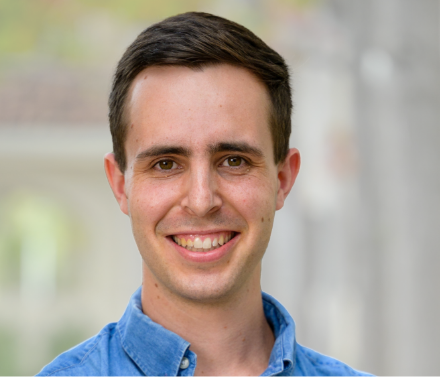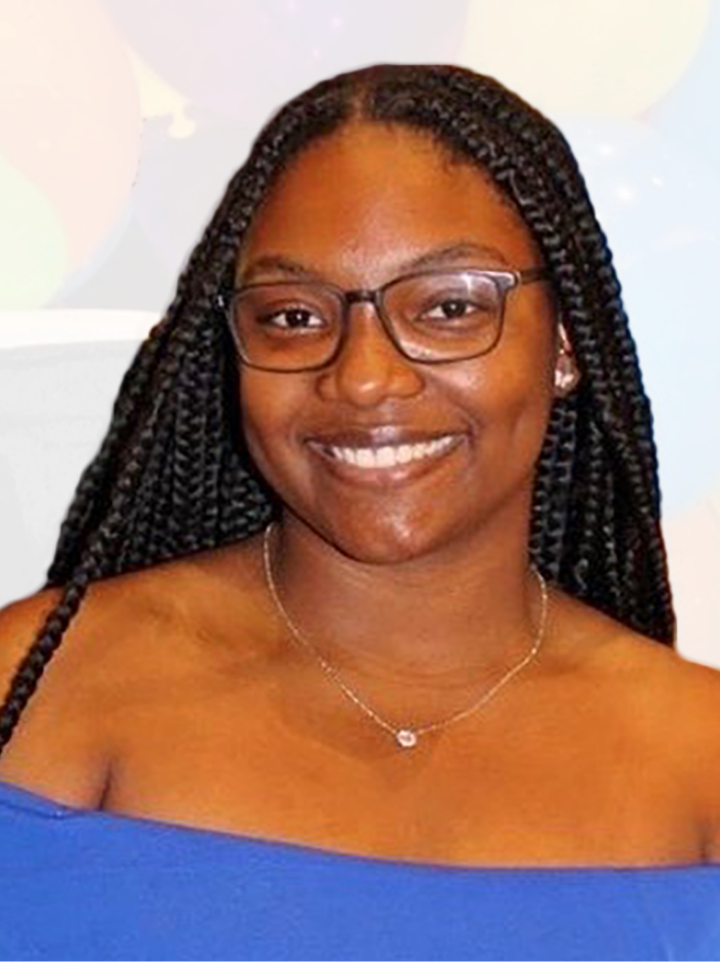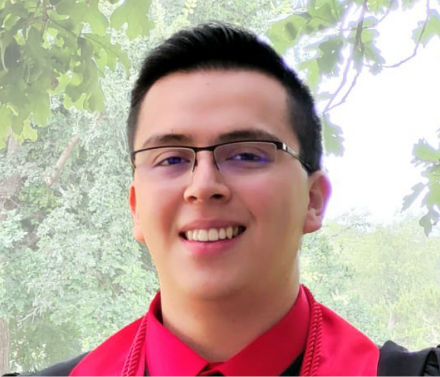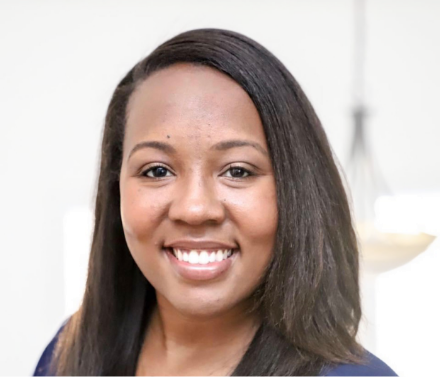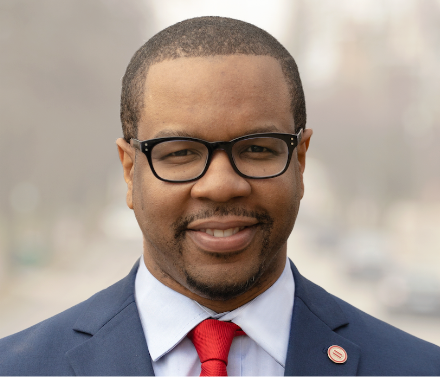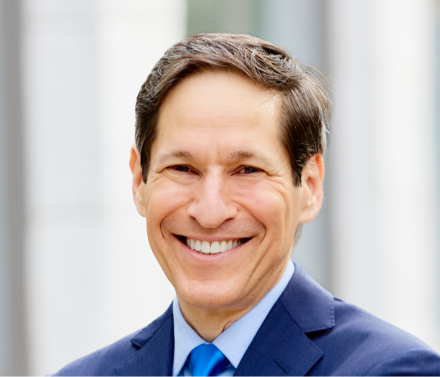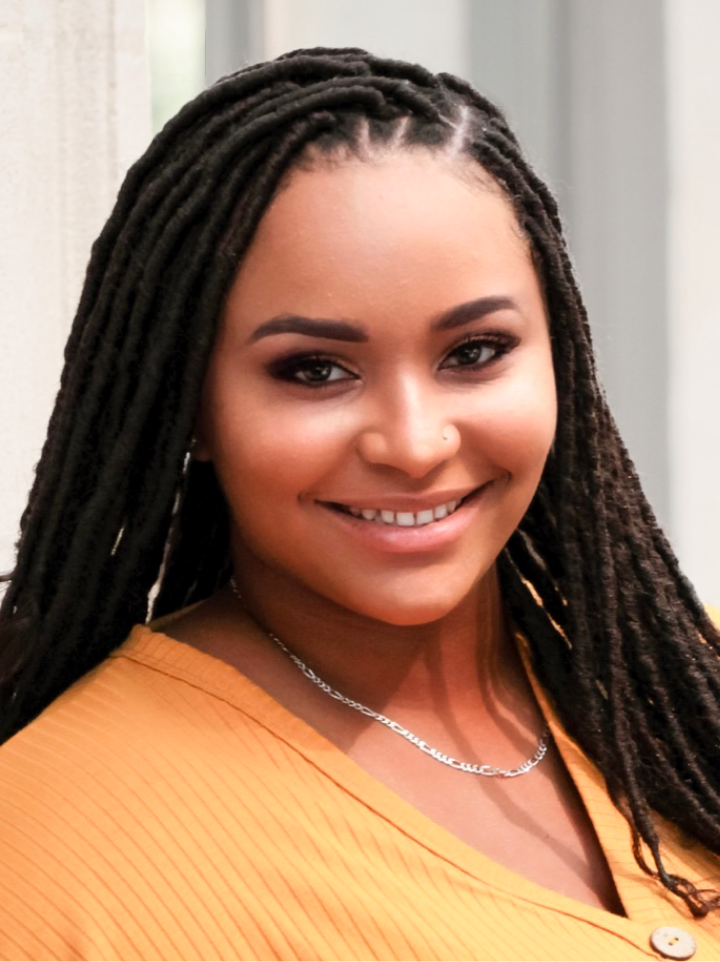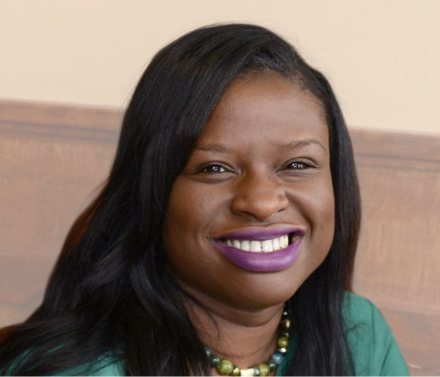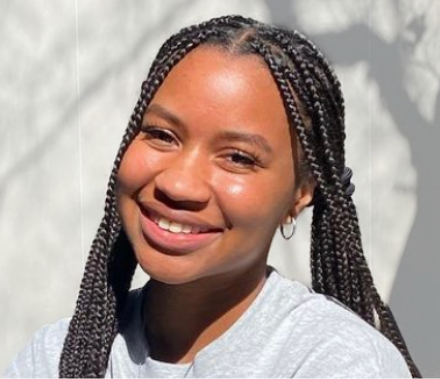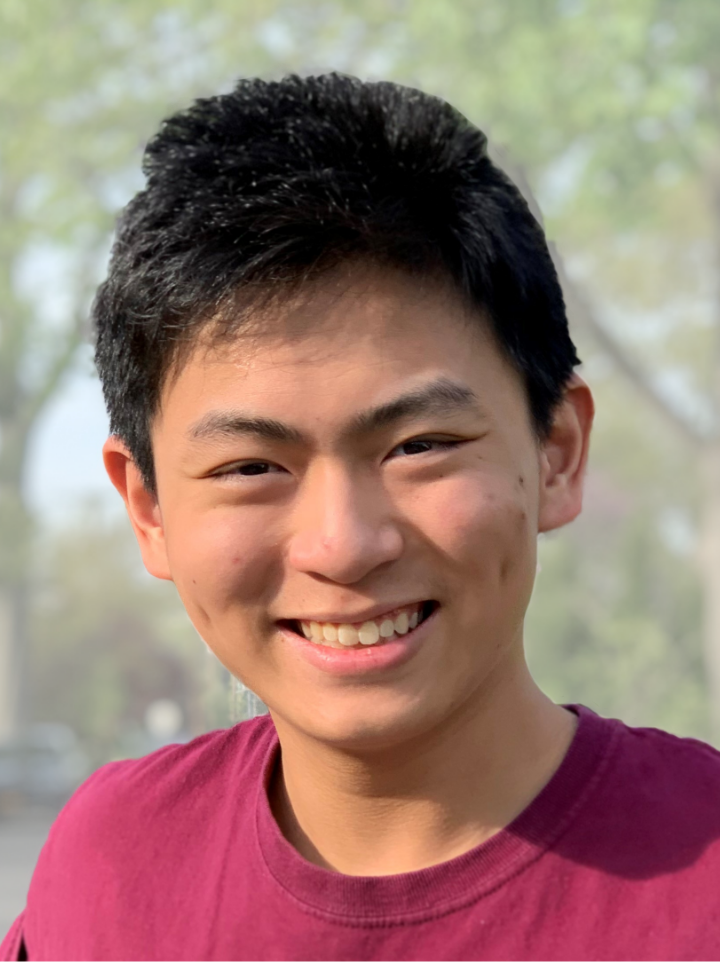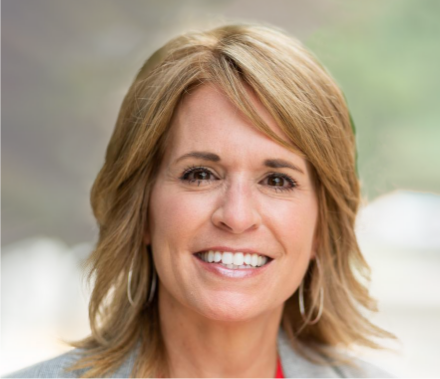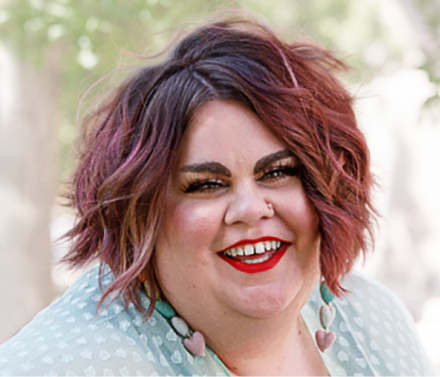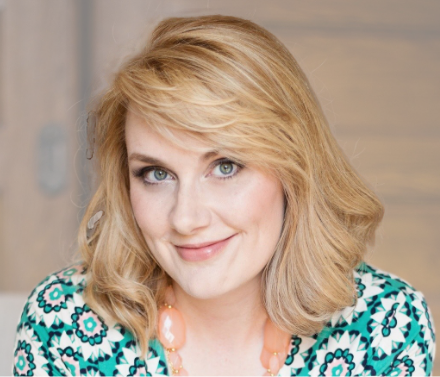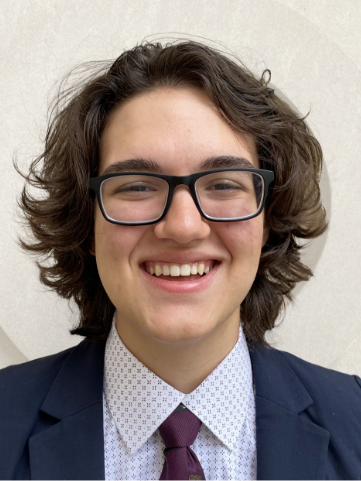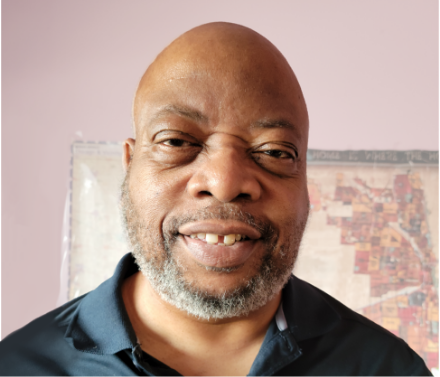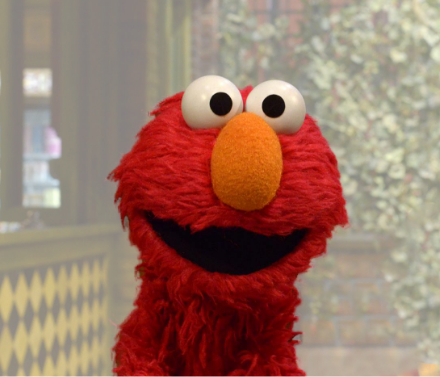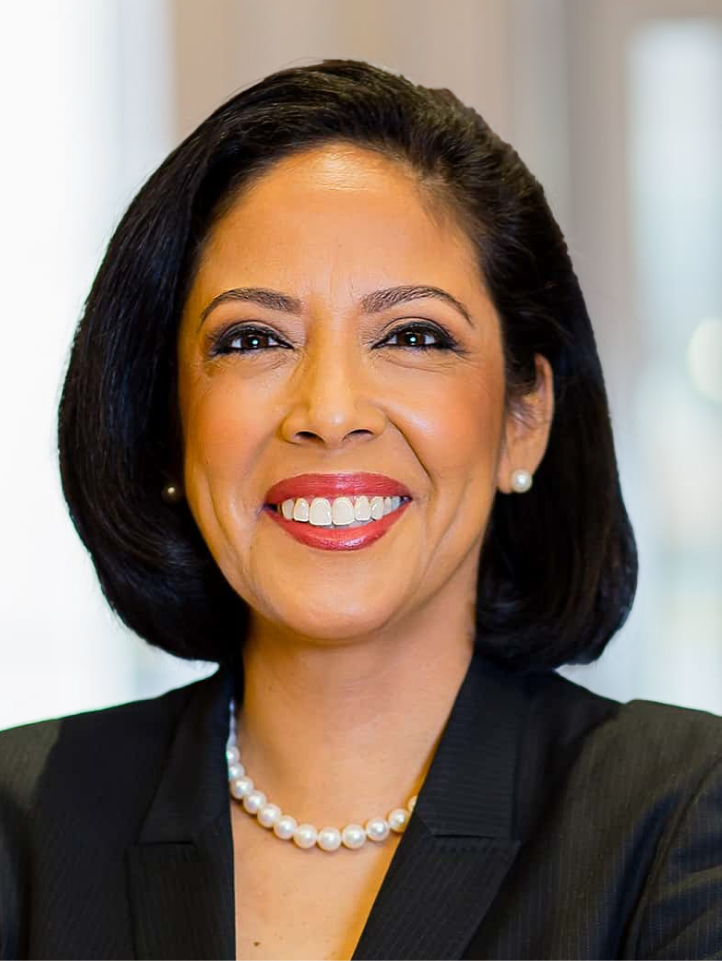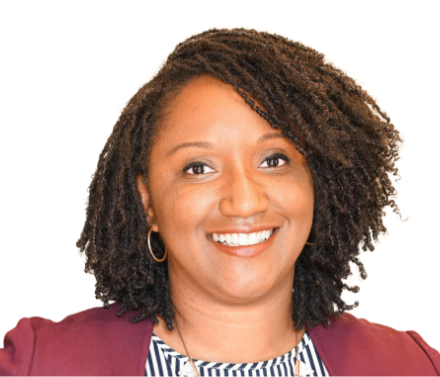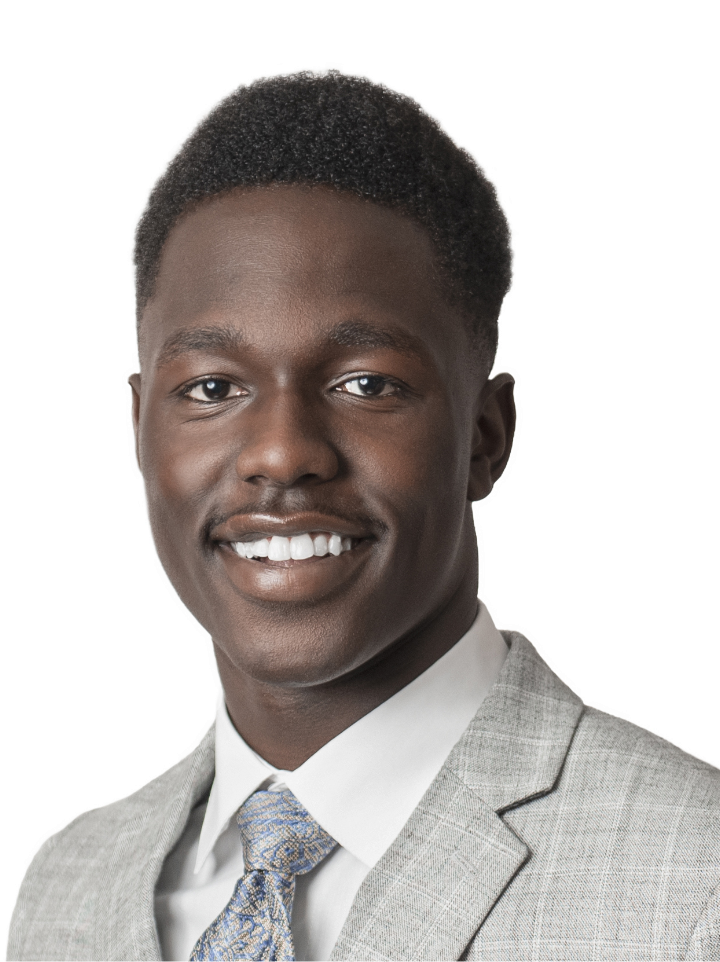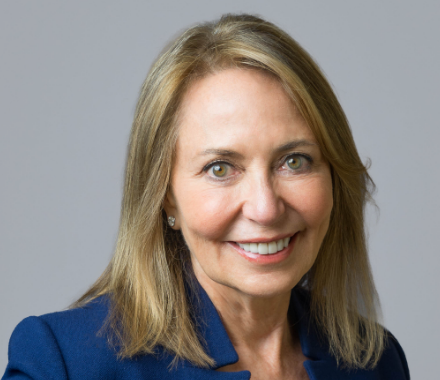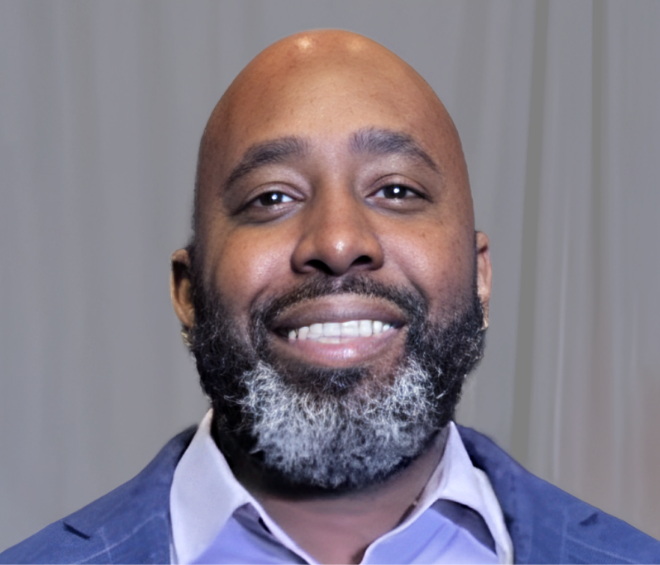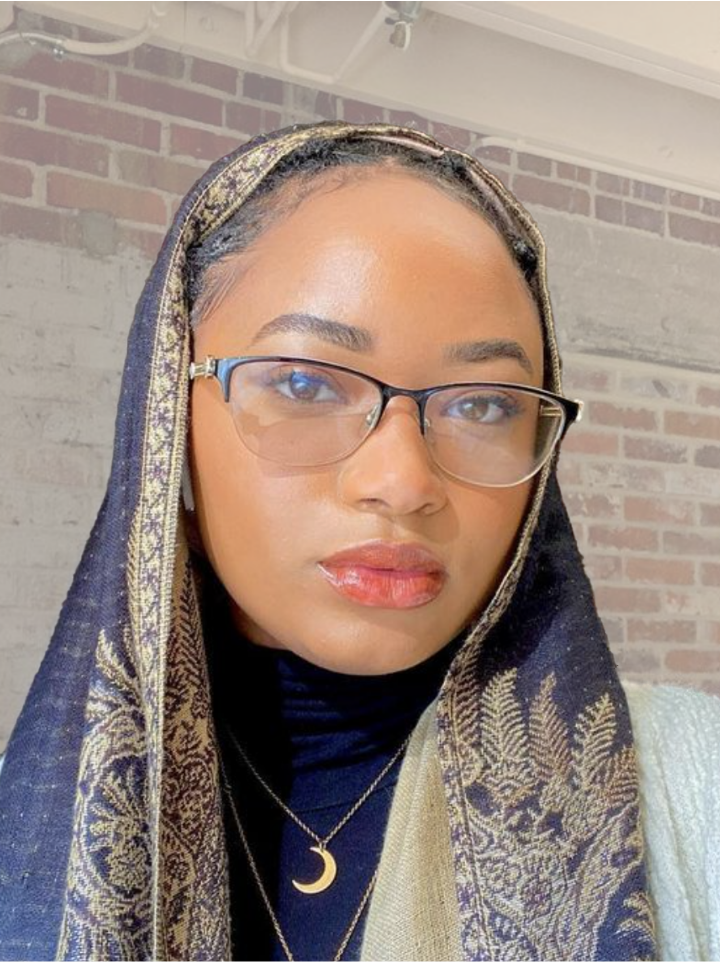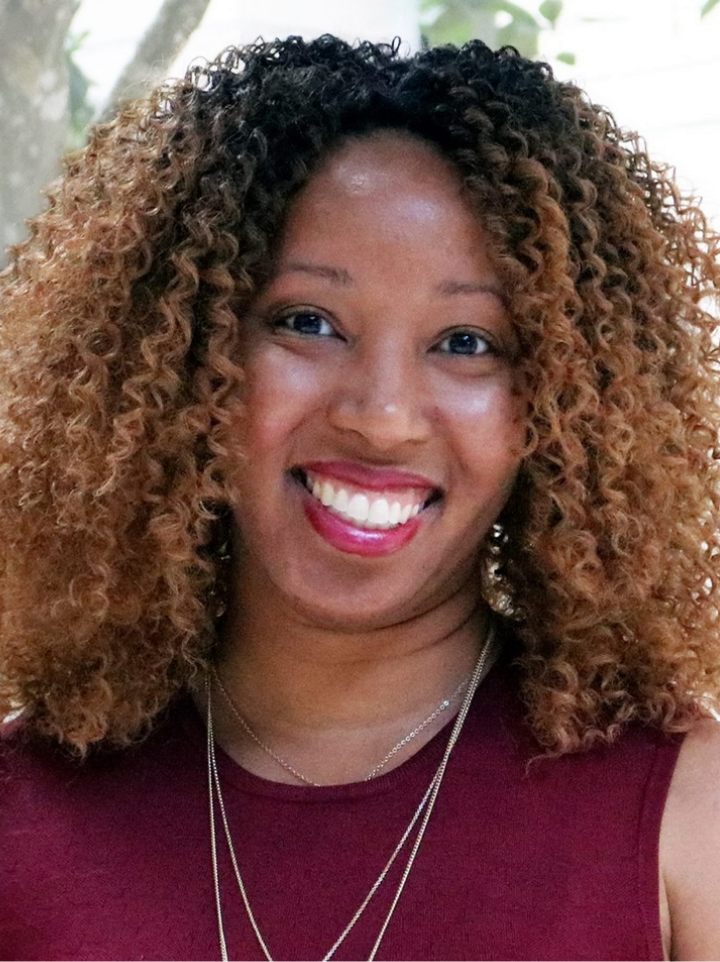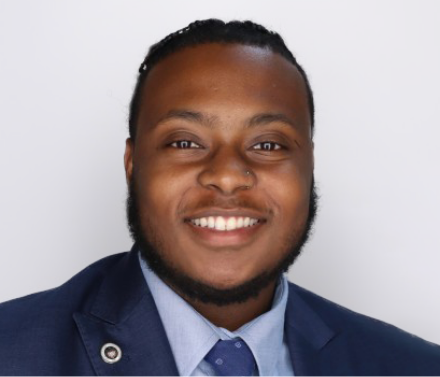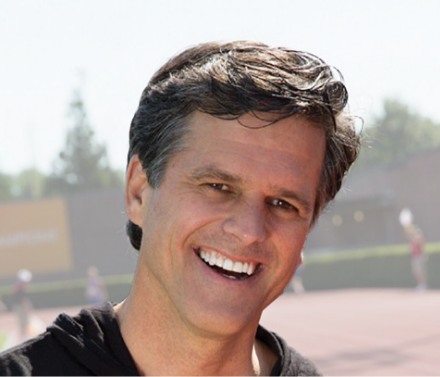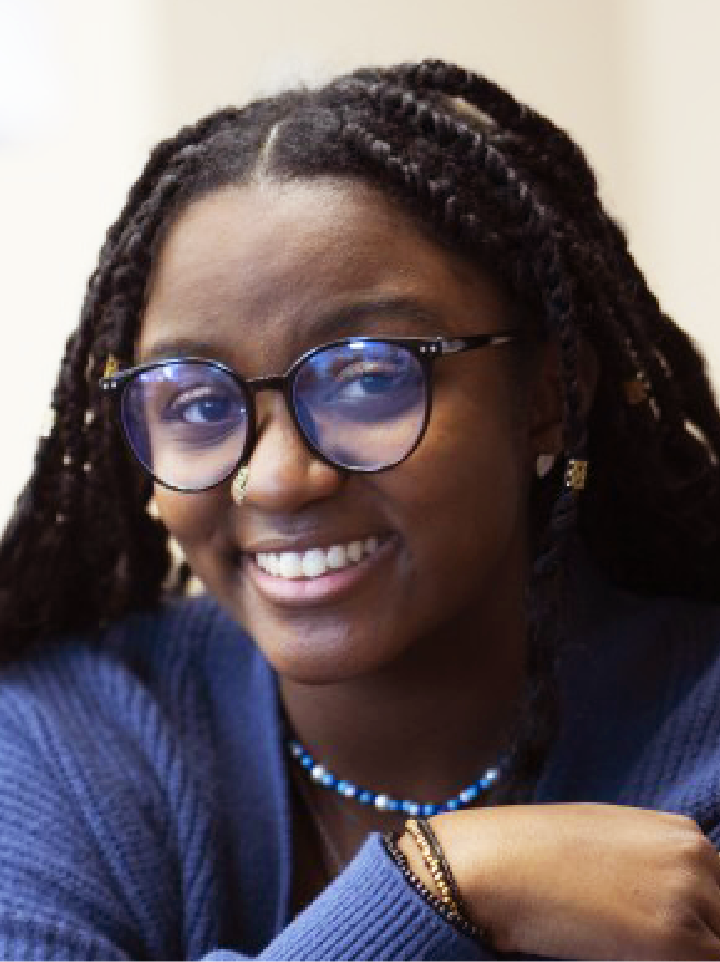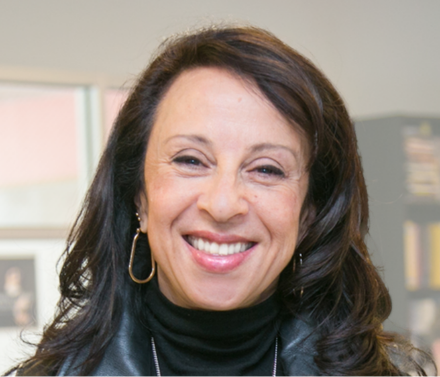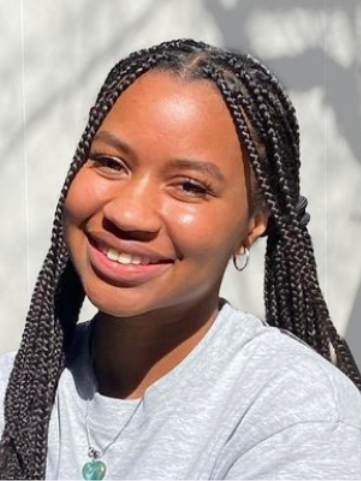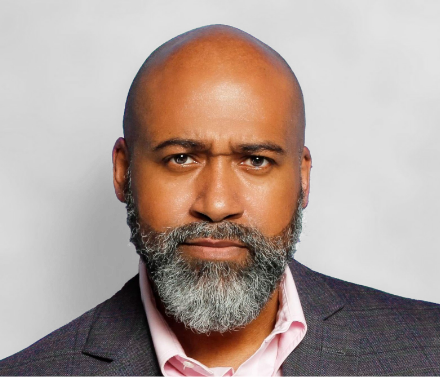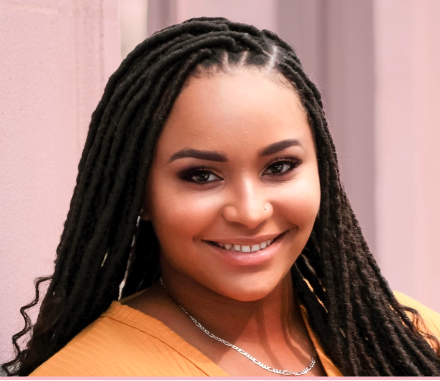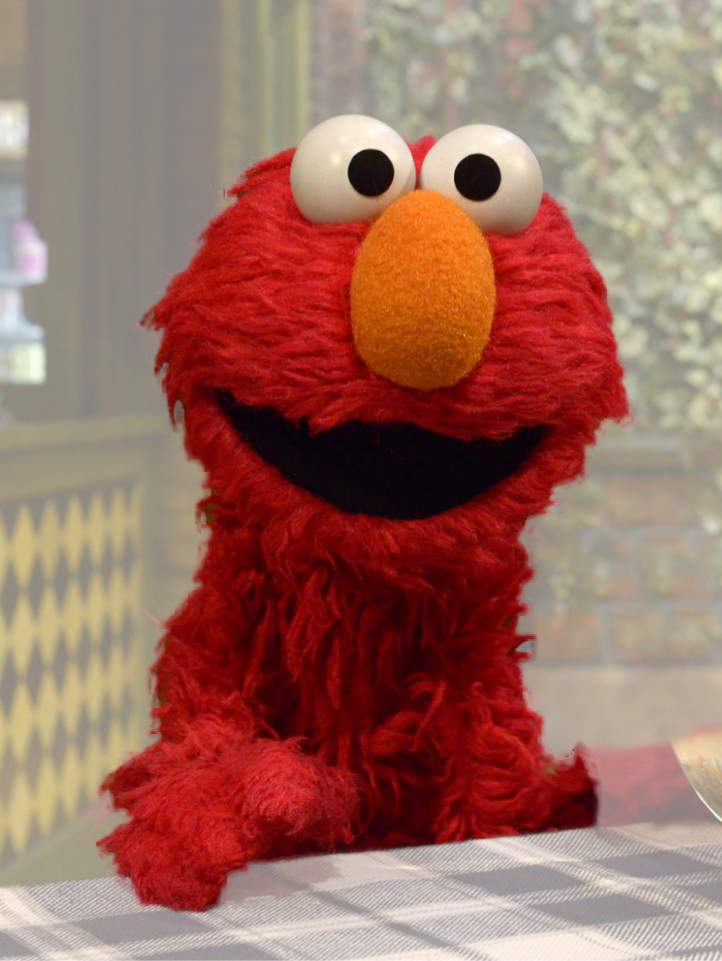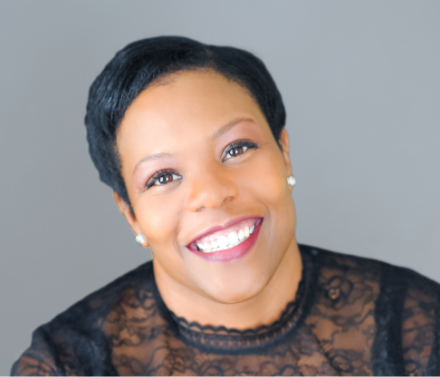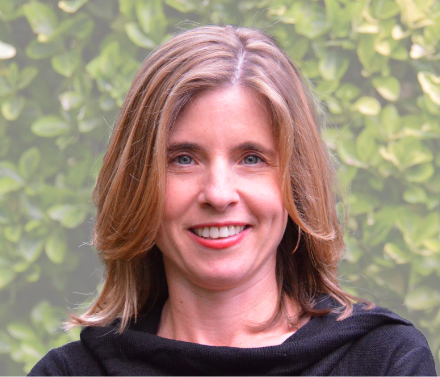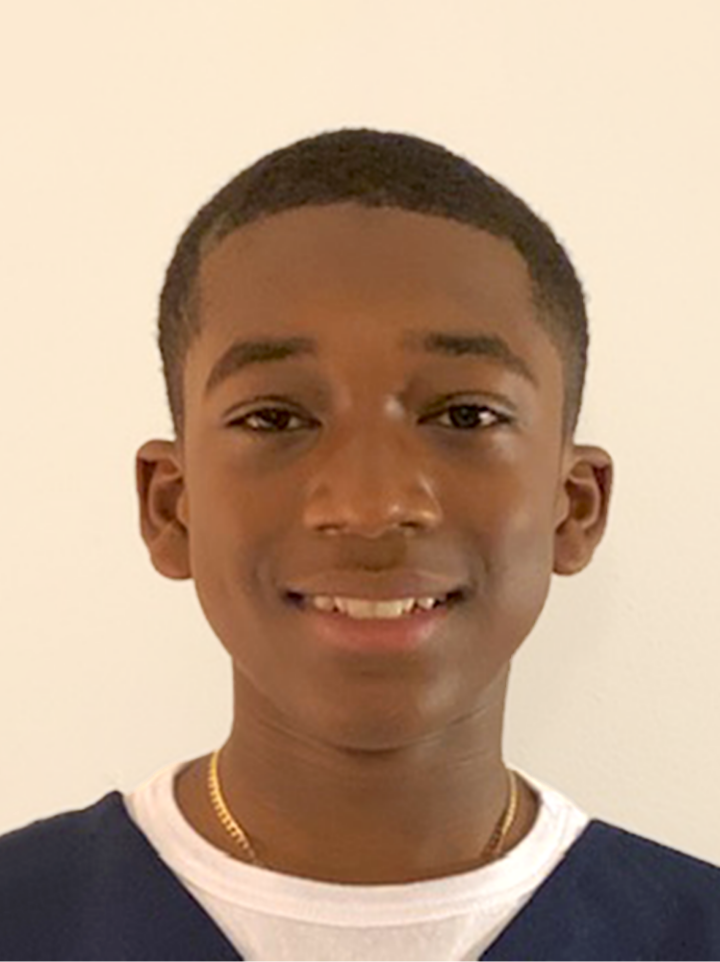FOR 17-YEAR-OLD Grace Callwood, a terrible diagnosis sparked a lifelong desire to combat the sadness of kids confronting personal trauma.
Grace Callwood knows what it feels like to be a child suffering from pain and sadness.
In 2011, when she was just seven years old, Grace was diagnosed with stage 4 Non-Hodgkin’s lymphoma.
“I had no idea what cancer was, or what it meant, until I had it. I just knew that this new terrible thing had come upon me,” Grace recalls.
The diagnosis upended her life. Instead of discovering the joys of school in first grade, Grace spent weeks in hospital enduring chemotherapy and surgery – part of a long journey back to health.
The mission of We Cancerve is to bring swift solutions to children in need, because we believe happiness shouldn’t have to wait.”
There are some things in life, like cancer, that you can’t choose. But there are some things you can. In that moment, Grace chose generosity over self-pity. When she learned about two young girls who lost their home in a fire, Grace donated her new, unused school clothes to help them in their recovery.
That act of kindness fueled a spirit of giving that Grace channeled into We Cancerve Movement Inc., a nonprofit with a mission to provide happy experiences to children who are homeless, ill or in foster care. To date, the organization has served more than 25,000 youth.
Tell me a bit about yourself and your journey with cancer.
I am 17 years old and a junior in the Global Studies International Baccalaureate Program at Edgewood High School, in Edgewood, Maryland. When I was first diagnosed with cancer, I was in the hospital for about two weeks. During that time, I started a five-week chemotherapy regimen. That’s the time it took to get the cancer out of me. My family noticed lumps in my neck and in my thigh. It took another three years of treatment to make sure it didn’t come back. I have had three major surgeries. I lost my hair five times due to chemotherapy. At some point I was taking more than 20 pills a day. I’ve had 81 spinal taps. I was declared cured in 2019, which means I had gone five years off chemotherapy without a relapse.
Why did you start We Cancerve?
When I got sick, I was showered with so many blessings and acts of kindness from my church, from the hospital, from the community. So many people who brought me moments of happiness that I wanted to share with other youth in sad situations. So when I heard about these two girls who lost their home, all I could think about was how I related to them; how our lives had totally changed in an instant. I decided to donate my brand-new back-to-school clothes because I knew that those girls needed the clothes. I certainly didn’t. My mom made the delivery because I was too sick to go. And when my mom told me about their happy reaction, I knew I wanted to do more work like that. I learned that giving back is something I want to do and that I’m effective in doing.
What does the organization look like today?
We have an all-youth board of advisors ages 8 to 18. There are currently eight of us, including myself. Together we plan and brainstorm ways to bring some happiness into the lives of kids who have a lot of sadness. The mission of We Cancerve is to bring swift solutions to children in need, because we believe happiness shouldn’t have to wait. I remember in the beginning of my journey with cancer, I was just living my seven-year-old life. And I felt I had done something wrong. Was it because I didn’t drink my water or eat my vegetables? I was a kid. I didn’t understand. It’s important that we tell kids the troubles they face are not their fault.
